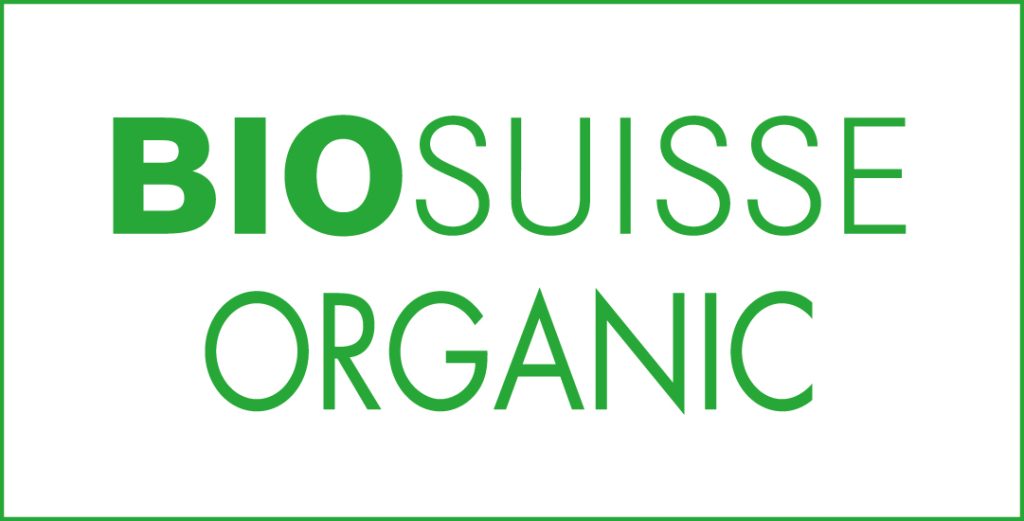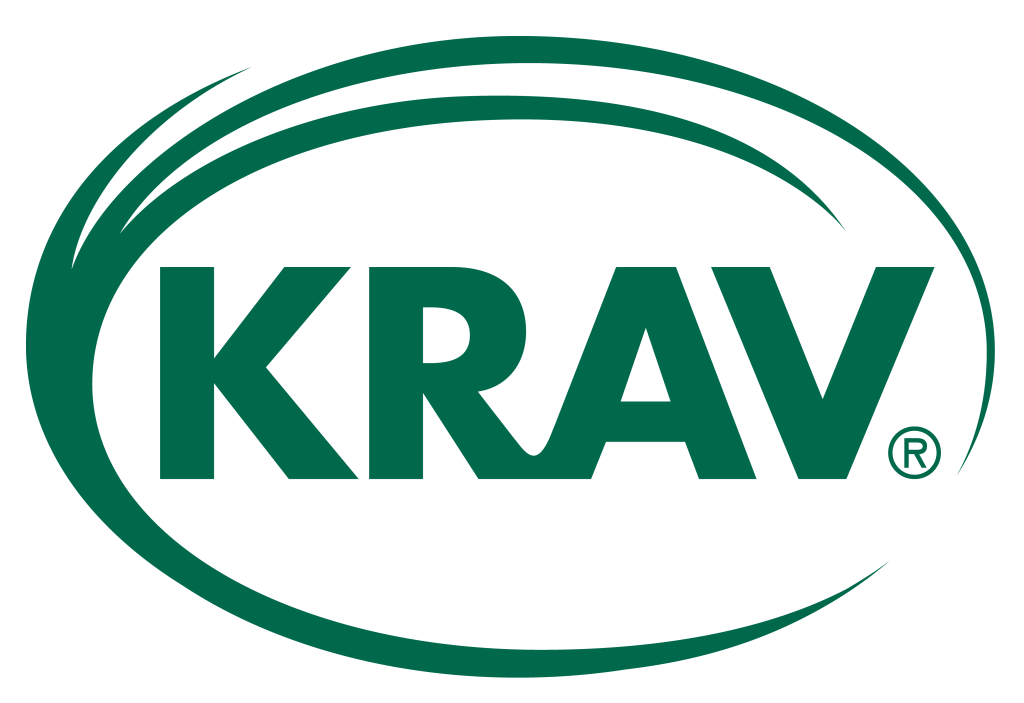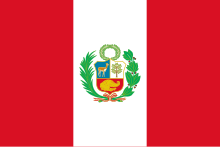
Organic certification
The principle of agriculture is the production of healthy food from a balanced and fertile soil.

The land where it will be produced must go through a conversion period before the harvest or planting of products so that they can be labeled as organic. This means that the land must have been managed according to organic regulations for at least 2 to 3 years (depending on the type of product and the regulation). During production and processing organic and non-organic product must be separated and contamination must be prevented. The production and processing of organic products must be inspected by an accredited independent third party in accordance with the inspection system established in the applicable regulation. If all requirements have been met, a certificate can be issued and the applicable logos can be used on certified products.

We carry out the following auditing and certification services through the accreditation of our parent company Control Union Certifications:
| Logo | Accredited/Recognized by: |
| RVA Organismo de Acreditación Nacional de Holanda | |
| MAFF | |
 |
USDA/NOP – National Organic Program Reconocido por el Ministerio de Agricultura de Estados Unidos |
 |
Organic Mafra Korea |
The following programs are also audited:


Likewise, Control Union Services has its own recognitions and/or accreditations for the following programs:
| Accredited / Recognized by: | ||
| Orgánico Ecuador |
|
|
|
|
Orgánico Colombia |
|
| Paraguay |
|
|
 |
Bolivia |
|
| Guatemala |
|
|
 |
Perú |
|

Regulations for each country
Ecuador
Paraguay
Criterios técnicos
USDA NOP – United States Department of Agriculture – National Organic Program standard
Colombia
Chile
Bolivia
Guatemala
Métodos de inspección
República Dominicana

How can we help you?
Want to apply for a certification program? Our Certification team will be happy to help you.